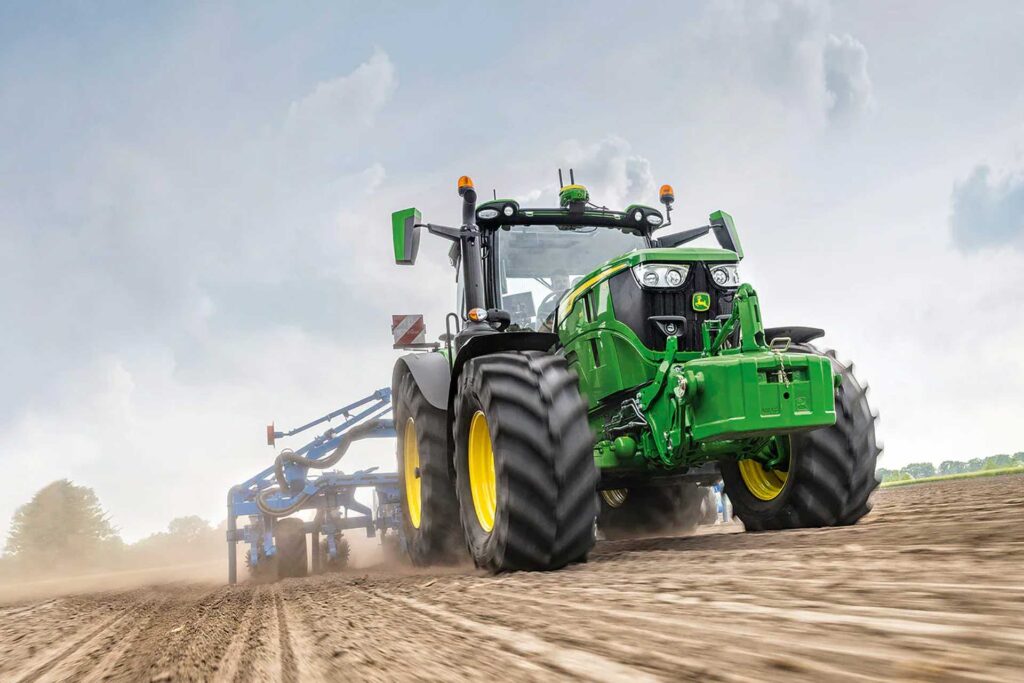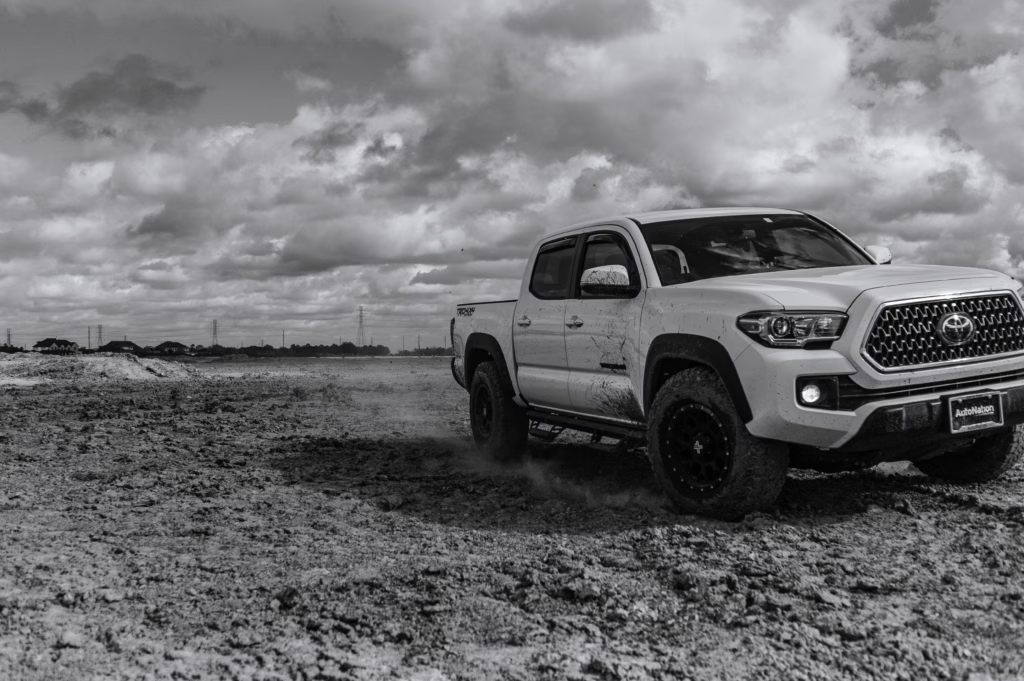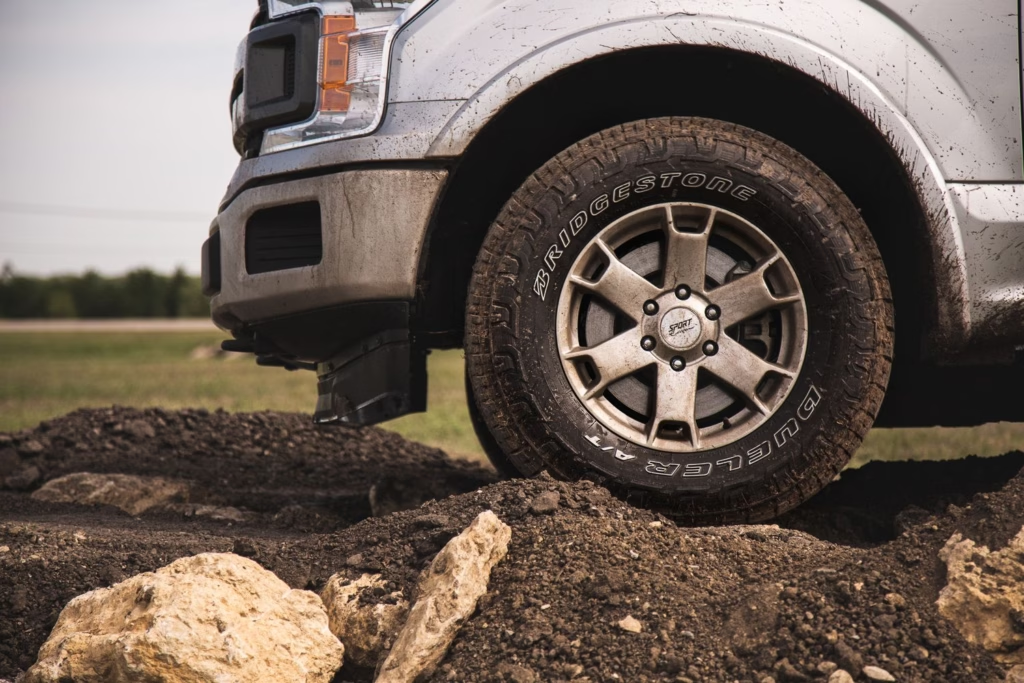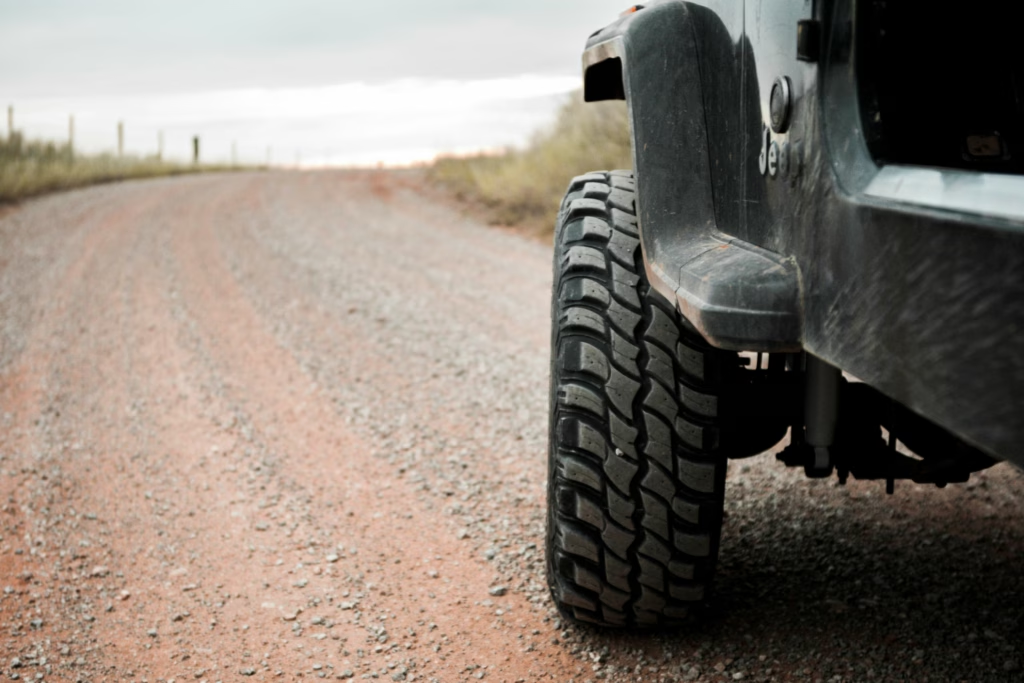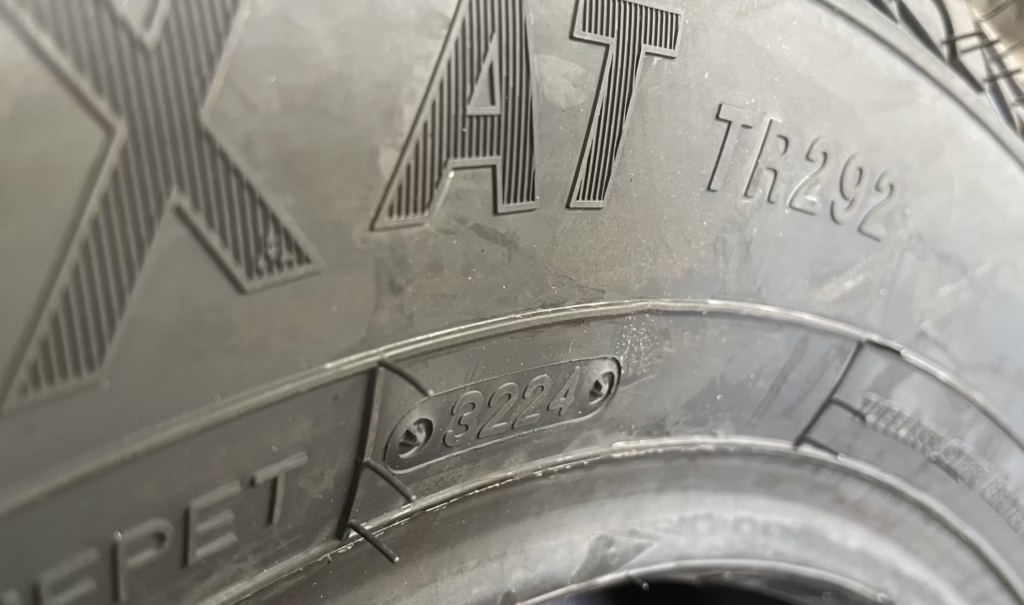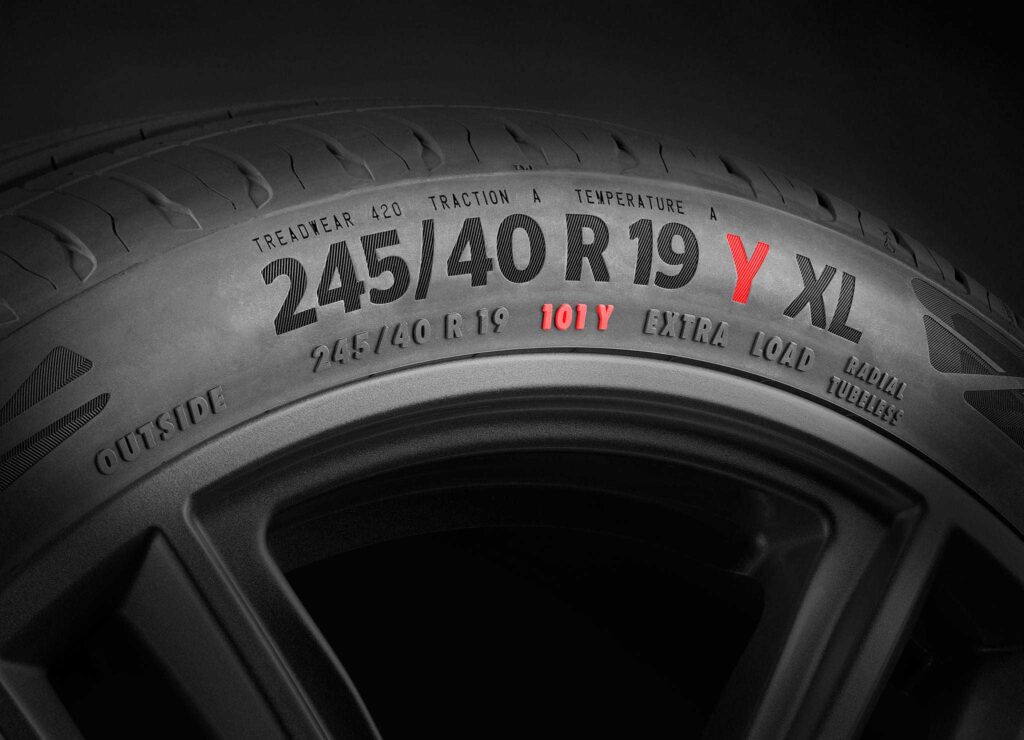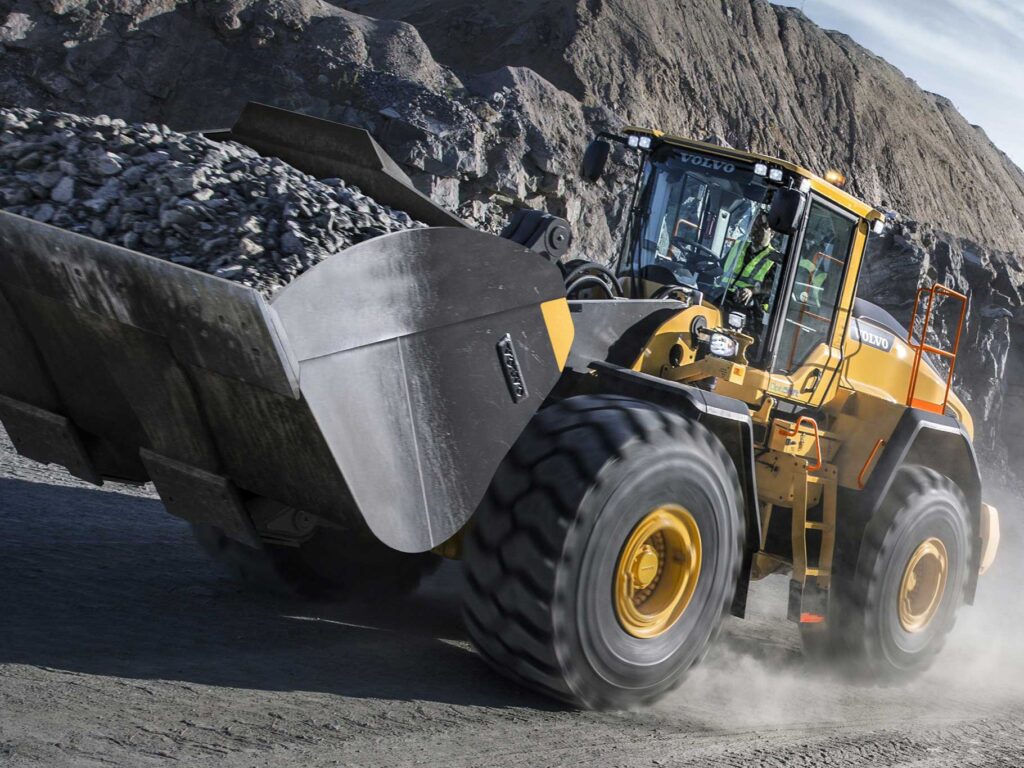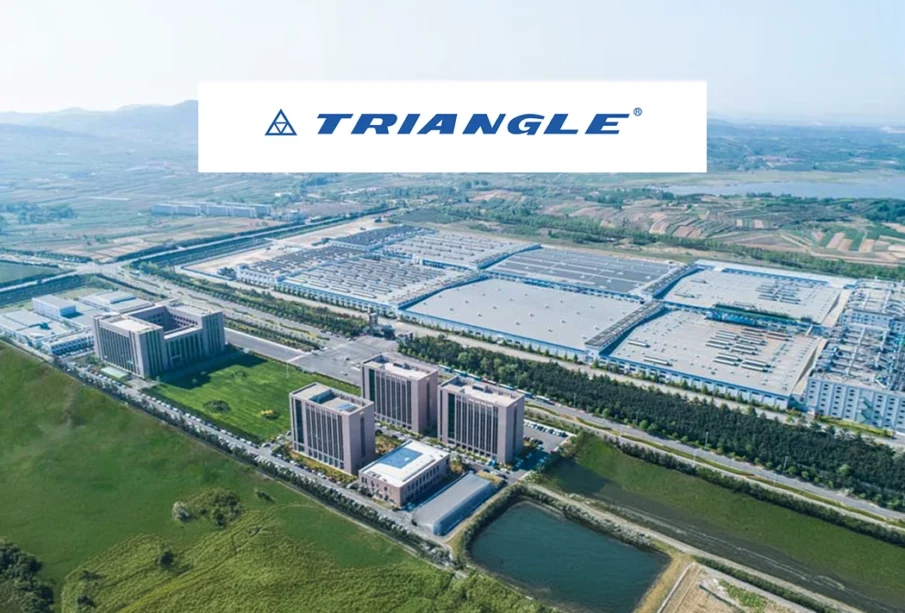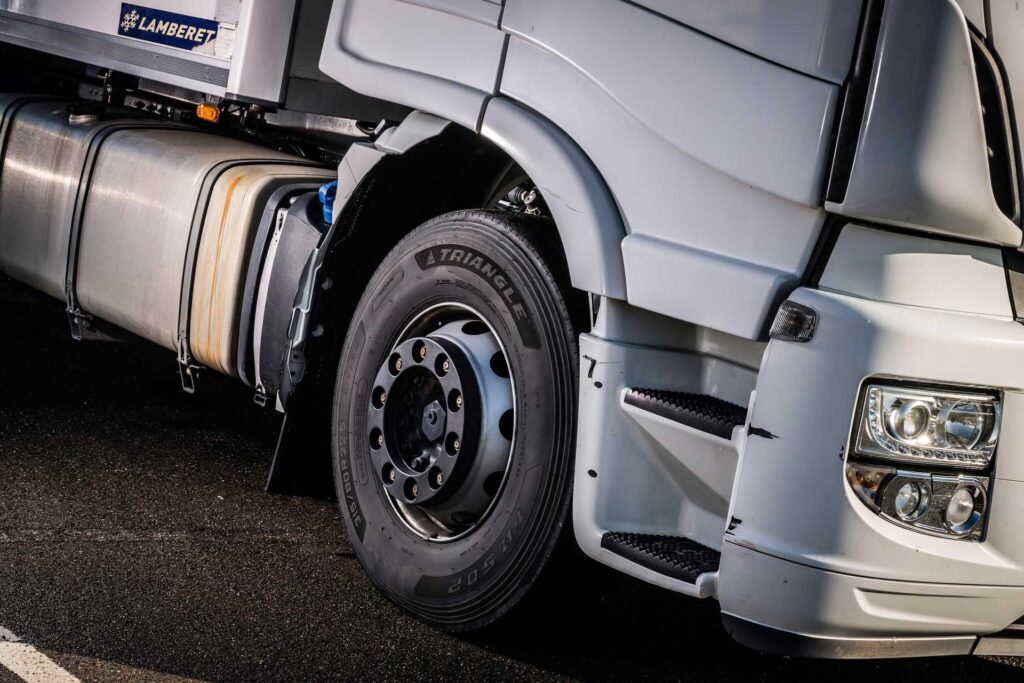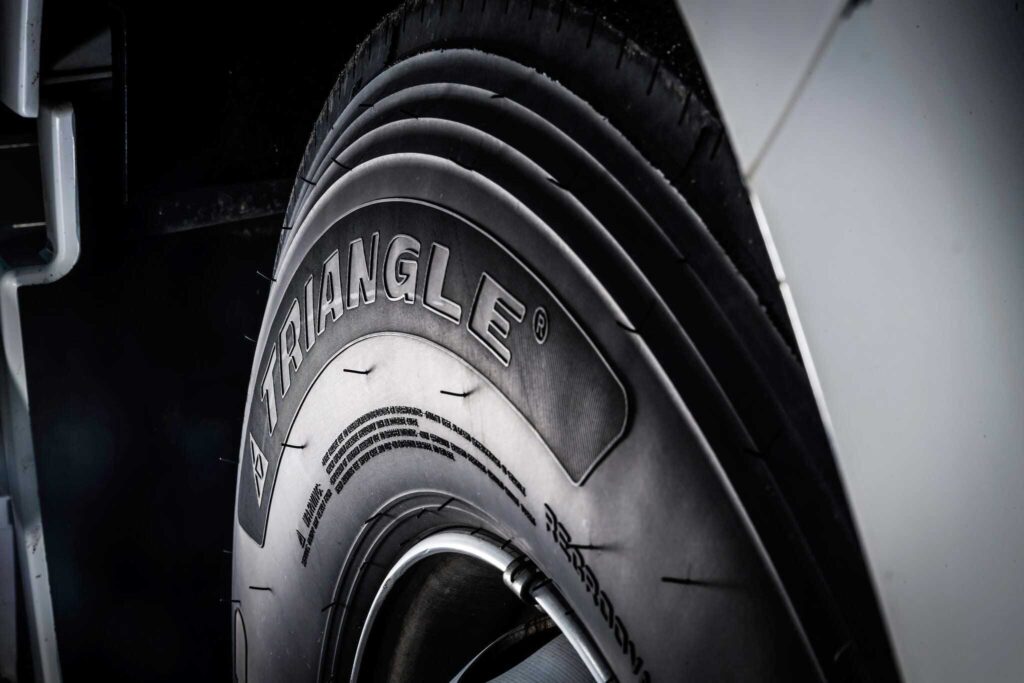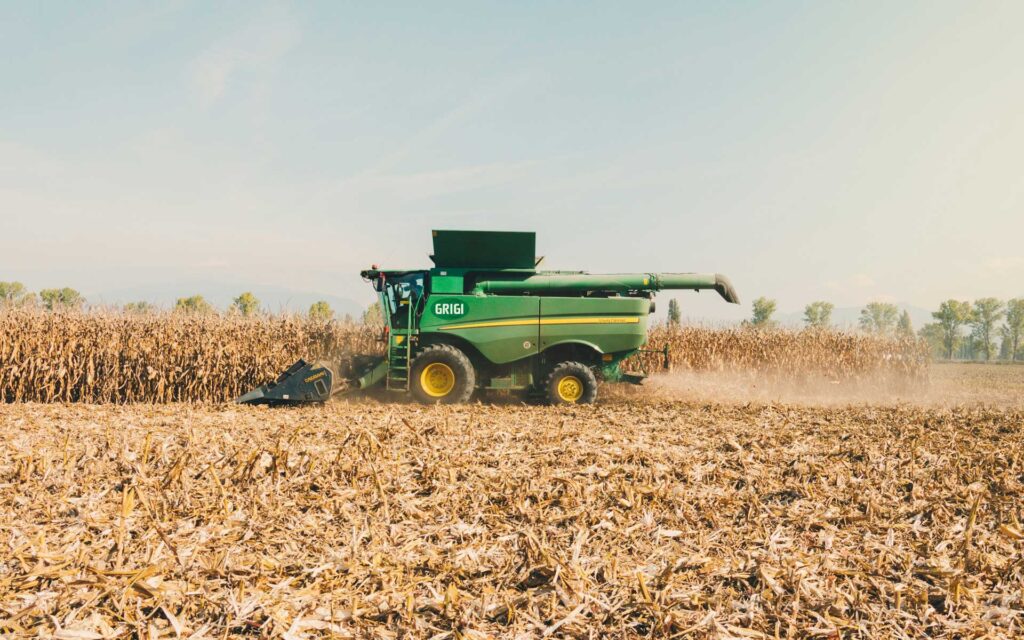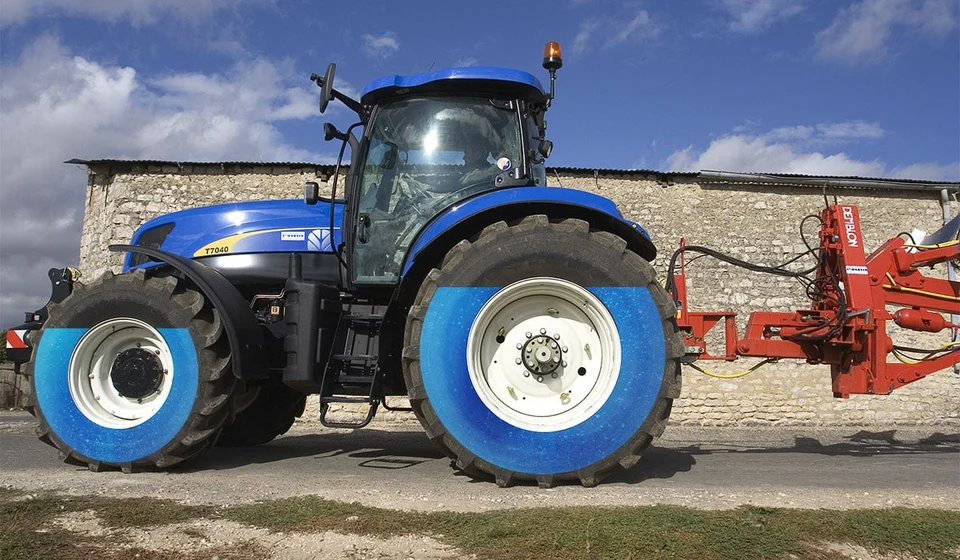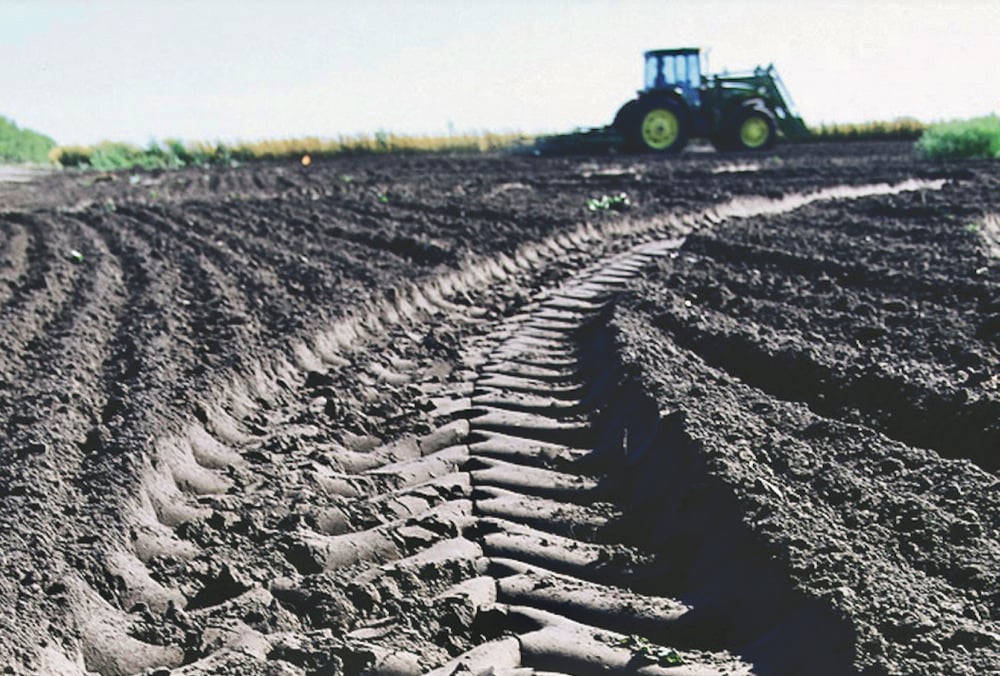
Radial vs. Bias Farm Tyres
Farmers today have more choices than ever when it comes to selecting agricultural tyres. A primary way to distinguish the wide array of farm tyres available is by their construction—bias or radial. While both types have their benefits, radial tyres are often preferred due to their numerous advantages in farming applications. Read on to discover more about the features and benefits of each tyre type.
Bias Tyres
Bias tyres have been around nearly as long as pneumatic (air-filled) tyres, making them a familiar presence on farms for almost a century. They remain a viable option for various machinery. Bias-ply tyres are constructed by layering multiple plies of rubber-coated textile diagonally over one another to form a single functional unit. This construction allows the sidewall and tread to function together cohesively.
Bias Tyre Pros
The bias construction results in a robust, durable tyre with stiff, strong sidewalls, which helps protect against damage from obstacles like stumps and rocks. Additionally, bias tyres offer excellent stability, making them ideal for machines that frequently operate on inclines.
Bias Tyre Cons
However, bias tyres are stiff, causing bumps in the field to be transmitted to both the machine and the operator. This can lead to increased wear on equipment and a less comfortable ride. Furthermore, bias tyres transfer movement across the entire tyre—when the sidewall flexes, so does the tread. This results in a smaller, less even footprint, which can increase wheel slip, reduce traction, and contribute to yield-reducing compaction.
Radial Tyres
Radial tyres are increasingly dominating the agricultural tyre market. Their growing popularity is largely due to their ability to meet the demands of larger and more powerful farm equipment. The key difference between radial and bias-ply tyres is that radials are constructed in two parts that operate independently: body plies run perpendicular to the bead, and an undertread area is wrapped around the tyre’s circumference by radial belts made of fabric or steel. This design results in a broad, flat footprint and enhanced puncture resistance in the tread area. Radial tyres can create a footprint that is 15% to 25% larger than a comparable bias tyre.
Radial Pros
The two-part construction of radial tyres allows for sidewall flex without transferring that movement to the tread. This leads to improved traction, lower fuel consumption, and reduced soil compaction, ultimately enhancing farm efficiency and productivity. Additional benefits of radial tyres include a more comfortable ride, better heat dissipation (the main enemy of tyres), and a longer service life.
Radial Cons
The main drawback of radial farm tyres is their initial cost, which is usually higher than that of bias tyres. But, radials can last 30% longer than bias tyres and result in a lower total cost of ownership over time.
IF/VF Tyres
While radial tyres are becoming more common on farms, they are not a new development. Radials were invented in the 1940s, gained traction in the automotive sector during the 1970s, and rendered bias tyres obsolete for cars by the early 1980s. Nonetheless, the performance of radial tyres continues to improve, especially with innovations like IF/VF technology.
IF/VF tyres are radial tyres designed with a flexible sidewall—IF stands for “increased flexion” and VF for “very high flexion.” These tyres can carry heavier loads and operate at lower inflation pressures than standard radial tyres.
- IF tyres can support up to 20% more load than a standard radial at the same inflation pressure, or maintain the same load at 20% lower pressure.
- VF tyres can carry up to 40% more load than traditional radials at the same inflation pressure or the same load at 40% lower pressure.
The ability of IF/VF tyres to function at lower pressures enables them to create larger footprints, improving traction, reducing slippage, and minimising soil compaction.
All About Inflation
If you decide to invest in radial or IF/VF tyres, it’s essential to also purchase a reliable tyre gauge and make a habit of regularly checking tyre pressure. To fully benefit from the advantages offered by traditional radials and IF/VF tyres, it’s crucial to ensure they are properly inflated.
